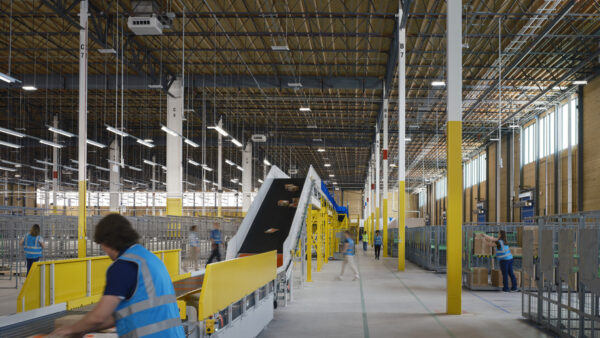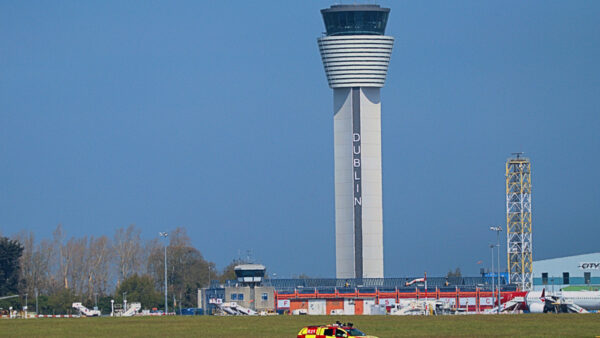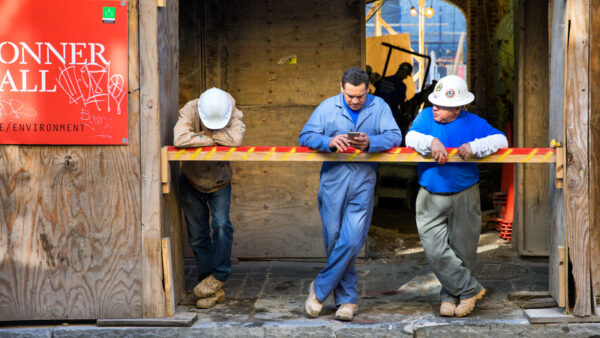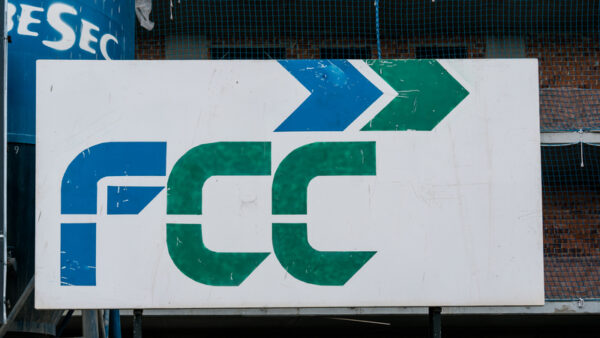Vietnam’s bridling against the economic dominance of China reached new highs last week when the country’s president accused Chinese firms of using obsolete technologies in the many power-generating schemes they are building.
Vietnamese newspaper Tuoi Tre reported president Truong Tan Sang as saying on Wednesday, 27 August that applying “cheap, outdated technologies in Vietnam cannot be tolerated”, following “reports that most Chinese contractors are deploying obsolete techs at their Vietnamese projects”.
“Regulatory agencies have amended relevant legal documents to solve this issue,” the president told a gathering of executives of state-run corporations and enterprises in Hanoi.
According to Tuoi Tre, the president admitted that “the government made mistakes” in letting foreign contractors outplay local businesses. “Letting others dominate our home market is a lesson of experience that must be learnt well,” he said.
The newspaper, considered a mouthpiece of the Ho Chi Minh Communist Youth Union, did not specify either the nature of the “reports” or which technologies were obsolete.
Last month the operator of a multimillion-dollar hydropower project under construction in Vietnam terminated the contract with two Chinese firms for their failure to build the scheme as promised.
And in July Vietnamese industrialists criticised the government for giving all the best construction and development work to China, resulting in heavy economic dependence on their much larger neighbour.
Tensions are high between Vietnam and China. Anti-Chinese protests erupted after China stationed an oil rig in disputed waters in May. A Chinese vessel reportedly rammed a smaller Vietnamese one, which sank, in the vicinity of the rig. The rig was withdrawn in July but in Vietnam factories have been destroyed in rioting and four workers have been killed.
Last week Tuoi Tre quoted Hoang Quoc Vuong, the chairman of EVN, Vietnam’s state-run power giant, as telling the Hanoi meeting that Chinese businesses supply some 2 to 2.5 billion kWh of electricity to Vietnam annually, and that they are currently building eight power plants and two seaports.Â
“Chinese firms, thanks to active support from the government, always present attractive bidding plans,” Vuong said. “And their bidding prices are always lower than those of contractors from other countries, and even cheaper than what is offered by Vietnamese businesses.”
But he added: “Projects constructed by Chinese firms are usually behind schedule due to their poor ability and project management, compared to contractors from the G7 countries. The materials, equipment and technologies deployed by Chinese contractors are also of lower quality compared to more developed nations.”
He said EVN is taking steps to reduce the volume of electricity purchased from China from now to 2015, but he said Vietnamese contractors have to improve their ability and competitiveness.






